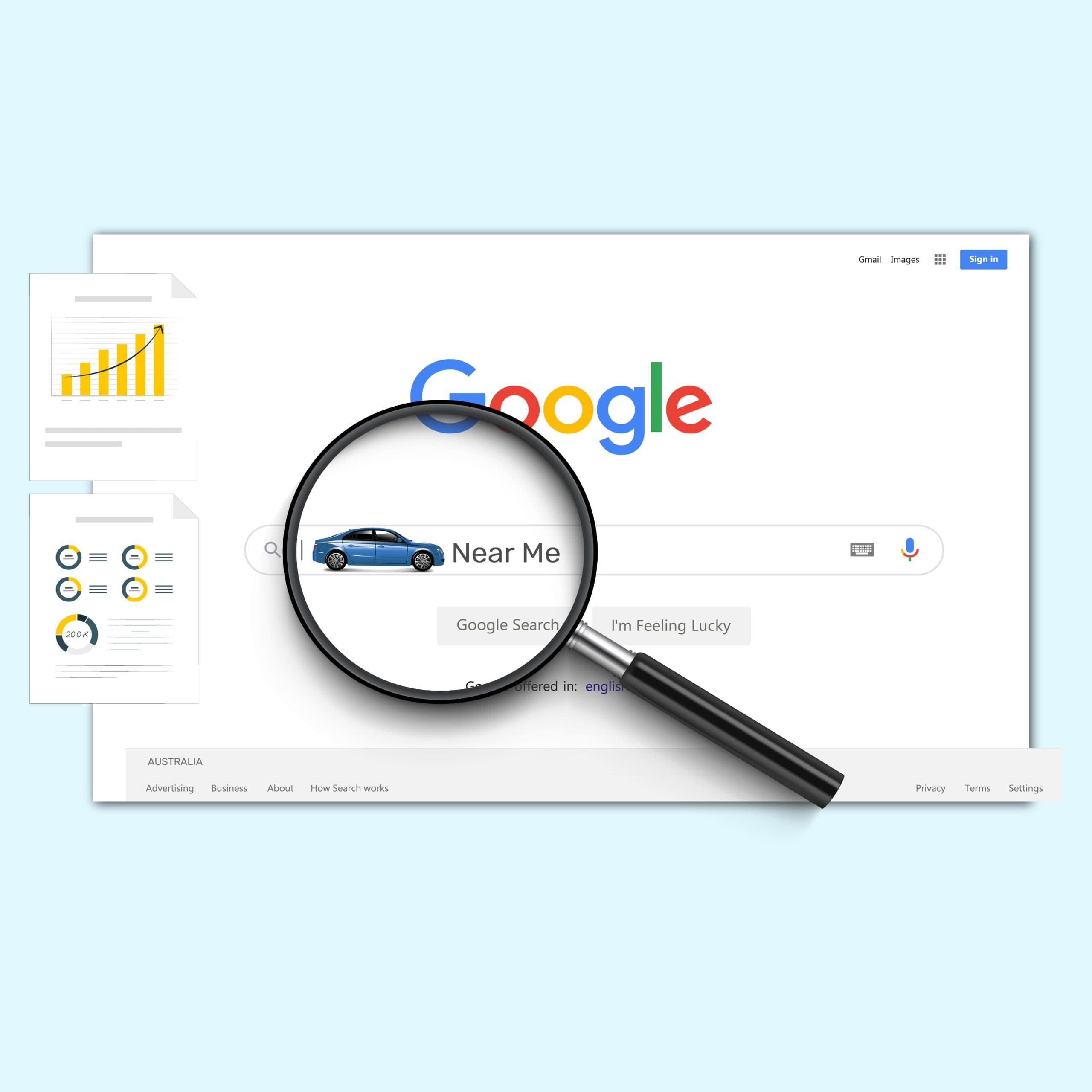How Does Google Search Work?

Every day, millions use Google to search for information, but how does Google manage to find the right answers so quickly? This blog will guide you through the core processes behind Google Search: Crawling, Indexing, and Serving Search Results.
Stage 1 – Crawling
Google uses automated programs called crawlers or spiders to discover public web pages. These crawlers visit web pages, download their content (text, images and videos), and follow links to other pages on the site. For example, if a new blog post is published, Google’s crawler might find it during its next crawl of the site and add it to its list of pages to index.
Robots meta tags can be used to prevent crawlers from indexing certain pages entirely. This is particularly useful for pages that should not appear in search results, such as user-specific pages like confirmation pages, policy pages, or internal user dashboards. By setting a
noindextag in the page’s header, developers can ensure these pages remain private and do not impact the site’s public SEO profile.

Stage 2 – Indexing
Once a page is crawled, Google analyses its content to determine what it’s about. Each page’s text, images, and video content are processed and stored in Google’s index. A key practice here is using the canonical tag to prevent duplicate content issues, which helps Google understand which version of a content is the primary one to index.
Challenges in Getting Indexed
While Google aims to index as many pages as possible, indexing is not guaranteed. Several factors can prevent a page from being indexed.
- Low-Quality Content: Pages with thin, low-quality, or plagiarised content are less likely to be indexed as they offer little value to searchers. Tips to write High-Quality Content.
- Robots Meta Rules: Specific directives like
noindexin robots meta tags can instruct search engine crawler not to index a page.- Poor Design and Performance: Websites that are poorly designed, have slow loading times, or provide a bad user experience may struggle to get indexed. This includes issues like non-responsive design or excessive JavaScript that impedes crawler access.

Stage 3 – Serving Search Results
When you search on Google, algorithms look through the index to find matching results based on relevance and quality. Relevance is influenced by factors like your location, language, and device type. For instance, a search for “best coffee shops” will return different results for someone in Paris compared to someone in Tokyo.
Several other factors can impact search results on Google. Understanding these factors is crucial for SEO and for any business looking to enhance its visibility online.

Conclusion
Understanding Google’s search process helps you better optimize your website and improve your visibility online.



